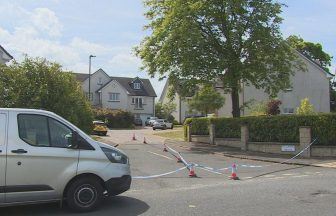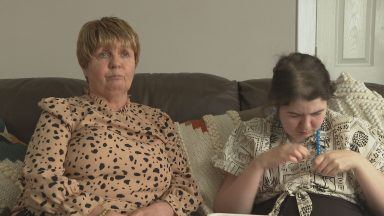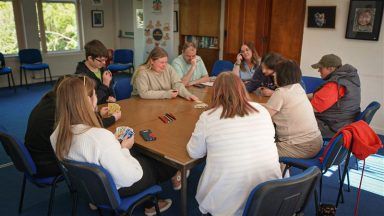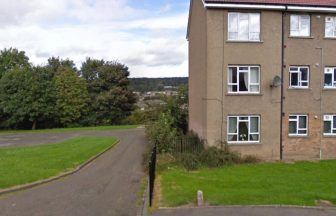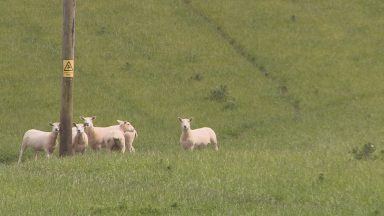Fife MSP Alex Rowley says it is time for tougher action on gulls that are “terrorising” locals across the region.
The Labour regional representative has written to Fife Council chief executive Steve Grimmond asking him to consider cracking down on the birds following what he calls a “ridiculous” rise in complaints.
Fife Council says it has “no statutory duty” to deal with gulls, passing the responsibility to landowners.
But Rowley, a Mid Scotland and Fife MSP, says newly unearthed research from the Scottish Parliament’s research library SPICe suggests councils can do more – and he wants a full review of Fife’s policy on gull culls carried out.
“The response people usually get from the council is ‘there’s nothing we can do’ but what SPICe has found would suggest differently,” he said.
“I think this has gone on for too long and the problem is getting worse. Gulls are appearing on more streets and in more communities and people are terrified, particularly during the nesting season.”
Gulls have been a persistent pest for some time in coastal areas such as Kirkcaldy and Inverkeithing and even further inland at Dunfermline.
The birds are swooping on locals they see as threats to their chicks, and making noise late at night, disturbing residents.
While birds and their nests and eggs are protected under UK wildlife law, certain species can be removed or even culled for the purposes of public safety under the general licence issued by NatureScot.
Fife Council has refused to take direct action, saying it has “no statutory duty” to do so. It also maintains that the onus is on private building owners to bird-proof their properties.
However, SPICe’s research says local authorities can act if they have the permission of landlords – pointing to Dumfries and Galloway Council, which offers egg and nest removal services, as a prime example.
And while the authority promotes educating the public and discouraging the feeding of gulls instead, Rowley does not believe this approach is working – and suggests that the obstacles in the way of Fife doing more are financial rather than legal in nature.
“There needs to be a proper review and if the local authority says it doesn’t have the powers we need to look at exactly what powers they do have,” the MSP added.
“It isn’t good enough to tell communities there’s nothing that can be done and I feel like the council is hiding behind that. It seems from the information I have that there are things we can do.
“I get that these things cost money. But if the council said they don’t have the resources that would at least be honest, and we can raise that in parliament.
“But people are terrified in their own streets. We need to start having these discussions.”
Rowley isn’t the only one fed up of what he sees as inaction by the council to act.
Earlier this month, Inverkeithing resident Alec Murray launched an online petition calling on the council to “actively manage” the issue.
Writing in his digital plea, Mr Murray said: “Signs on lampposts not to feed them is simply not enough and devolving responsibility to individual property owners is now intolerable and won’t deal with the issue.”
Fife Council chief executive Steve Grimmond says he has received Rowley’s letter, adding: “We would be interested to know more about the research Mr Rowley refers to if it can help us respond to public concerns.”
However, there is no sign of the council changing its stance on aerial pests any time soon.
Kirstie Freeman, manager of the authority’s safer communities team, said: “Gulls are opportunistic feeders and will scavenge in towns for food dropped by pedestrians or thrown out of cars, as well as tear open waste bags left on streets. We can all play our part by not deliberately feeding the gulls and by not dropping any litter.
“Proofing measures and gull management are the responsibility of the property owner, and the safer communities team can offer advice for owners, occupiers and landlords on how to gull-proof their properties before breeding season starts.
“The council will also work with local businesses to ensure waste is stored and disposed of correctly in an effort to minimise available food sources.
“All birds are protected under law, as are their nests, eggs and every stage of life. In exceptional circumstances, action can be taken to manage them under the terms of licences issued by NatureScot, however such action is only available as an absolute last resort and must be carried out by authorised persons.”
By local democracy reporter Jon Brady
Follow STV News on WhatsApp
Scan the QR code on your mobile device for all the latest news from around the country


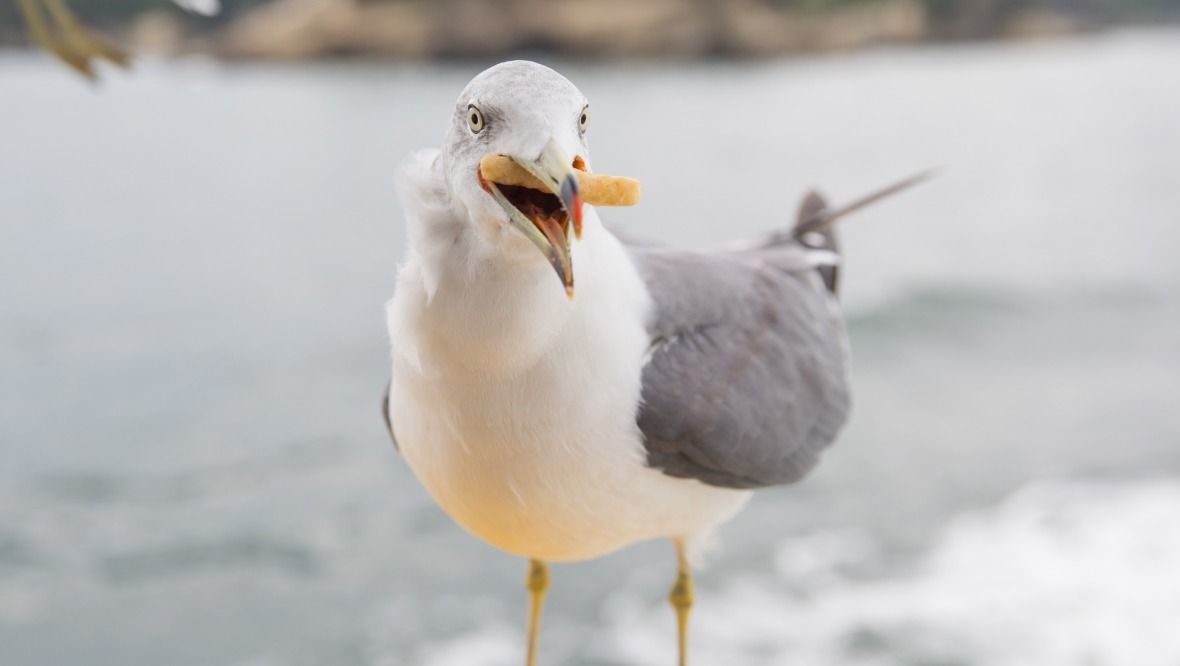 iStock
iStock